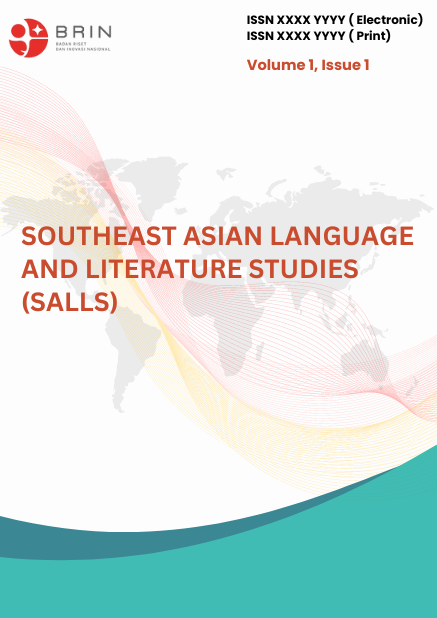Expressive Speech Acts Used in Traditional Market Activities in Buleleng Bali to Avoid FTA
Main Article Content
Abstract
It is very common to use expressive speech acts, as a part of pragmatics, in speaking activities. They are the speech acts describing everything felt and thought by the speaker to reflect psychological statements such as annoyance, anger, and joy. They are intended to allow the interlocutors to interpret his speech as an evaluation. The purpose of this study is to find out what expressive speech acts are used to avoid FTA, and to find the factors causing them to be used by the traders, porters, and buyers at Pasar Anyar Buleleng. This current study is a case study conducted at Pasar Anyar, Buleleng, Bali. The research subjects include people involved in the communications taking place in the market such as traders, porters, and buyers. This study applies the qualitative method. The research was conducted at Pasar Anyar, Buleleng, as it is the largest market in Buleleng district and is visited by traders and buyers from every part of Buleleng district. The results of the study show that the subjects mostly using the expressive speech acts were traders and porters. The functions of expressive speech acts used are criticizing, interrupting, apologizing, sharing condolences, and being thankful. The factors leading to the emergence of expressive speech acts are divided into two; they are the internal factors coming from the speaker such as speech habits and wanting to familiarize himself/himself to the addressee, and the external factors such as educational background, and socio-cultural background of the interlocutors.
Article Details

This work is licensed under a Creative Commons Attribution-ShareAlike 4.0 International License.
